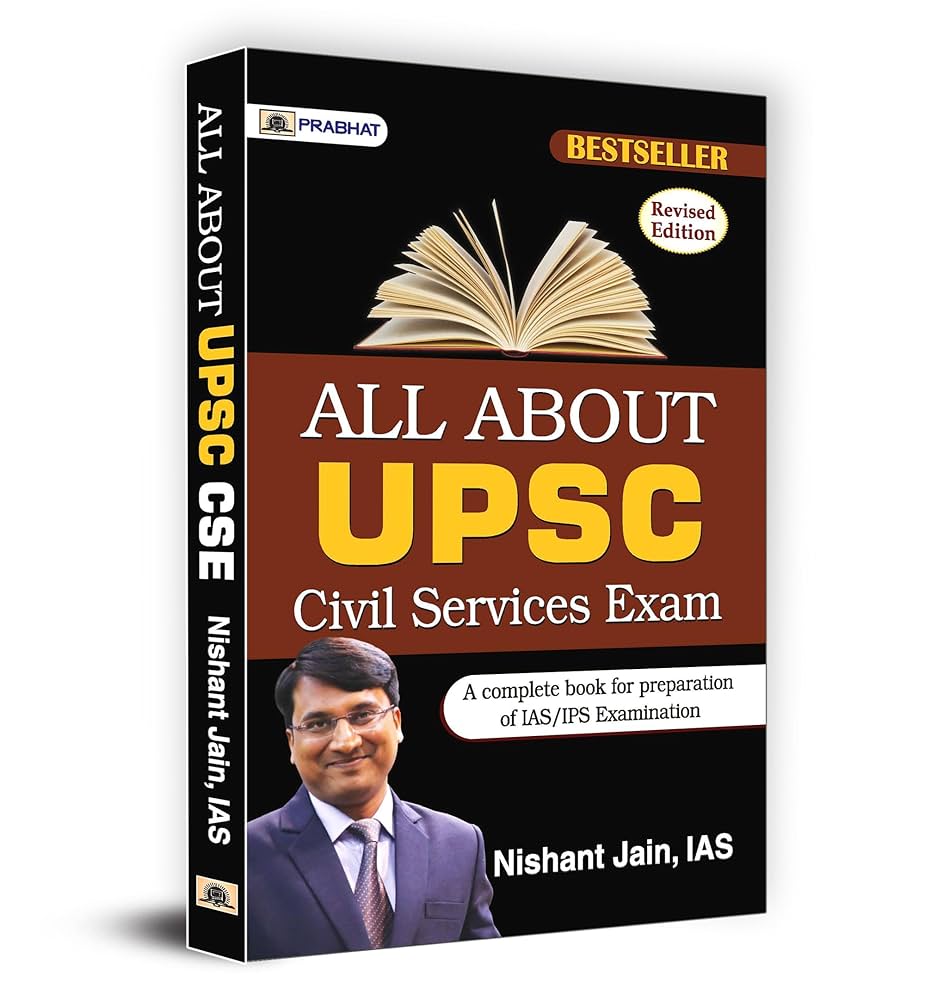
The UPSC scholarship helps students from different backgrounds prepare for India’s top civil service exams. It offers financial help to ease the cost of coaching, study material, and travel. Many bright students lose the chance to compete in the UPSC exams because they lack resources. This scholarship changes that. It aims to build equality by giving help to those who need it most. From state governments to private coaching centers, many groups now support students with this kind of aid. The goal is to help them focus only on learning without worrying about fees. This guide will explain all key points about UPSC scholarships.
What Is a UPSC Scholarship?
A UPSC scholarship is financial aid that helps students prepare for exams like IAS, IPS, and IFS. These scholarships cover costs like coaching fees, books, and even living expenses. The government and private groups offer them to help serious students, especially from weaker sections. The aim is to support talent, not just those who can afford it. With this help, many students reach their goal of serving the country.
Types of UPSC Scholarships
There are many kinds of UPSC scholarships. Some come from state governments, such as Delhi or Tamil Nadu, while others are from central schemes. Private institutions also offer aid to bright students. Some are need-based, while others focus on merit. Minority-focused programs, SC/ST schemes, and rural student scholarships are also common. All these are designed to reduce the cost burden.
Eligibility for UPSC Scholarships
Most scholarships ask that the student has a clear goal to appear in UPSC exams. Many are for graduates who meet the exam’s age and academic criteria. Income limits often apply—usually families with less than ₹2 to ₹6 lakh per year qualify. Some scholarships need proof of past academic success. A few programs may ask for a written test or interview before awarding the scholarship.
How to Apply for UPSC Scholarships
Applying for a UPSC scholarship is now easy. Most programs are online. Students can go to the state or private scholarship portals, fill out the forms, and upload needed documents like ID, income proof, and academic certificates. Some coaching centers also offer direct scholarships to top scorers in their entrance tests. Once submitted, selected students are called for counseling or interviews.
Documents Required
To apply, you need to have key documents ready. This includes your Aadhaar card, graduation certificate, caste or minority certificate if needed, income certificate, passport-size photos, and bank account details. Some programs ask for a statement of purpose or study plan. Having these documents ready can speed up your process.
Top Institutions Offering UPSC Scholarships
Many top coaching centers like Vajiram & Ravi, Drishti IAS, and ALS offer their own UPSC scholarship tests. Government schemes like Mukhyamantri Civil Seva Protsahan Yojana (Delhi) and Samaj Kalyan schemes (Uttar Pradesh) also help a lot of students. Trusts like Zakat Foundation and organizations like BYJU’S IAS also support students with full or partial scholarships.
Benefits of UPSC Scholarships
The benefits are wide. Students get full or part fee waivers, free coaching, free books, and test series. Some programs also offer living support or hostel stays. This support helps students spend more time on study rather than part-time work. It also builds confidence in their path to the civil services.
Challenges Faced by Students
Even with scholarships, students may face pressure, long hours of study, and competition. Not all scholarships cover every need. Some students may not know about these programs. That’s why awareness is key. With the right help and mindset, many students still push through these issues and succeed.
Conclusion
The UPSC scholarship is a strong step toward equal opportunity. It helps bring out the best minds, no matter where they come from. With the rising cost of coaching, these scholarships give hope to those who want to serve the country. Students just need the right guidance and effort to reach their dream. With government and private help, more scholars can now prepare with ease. It is not just aid—it is a tool for change, growth, and success. Every student should explore these programs and move one step closer to becoming a civil servant.
